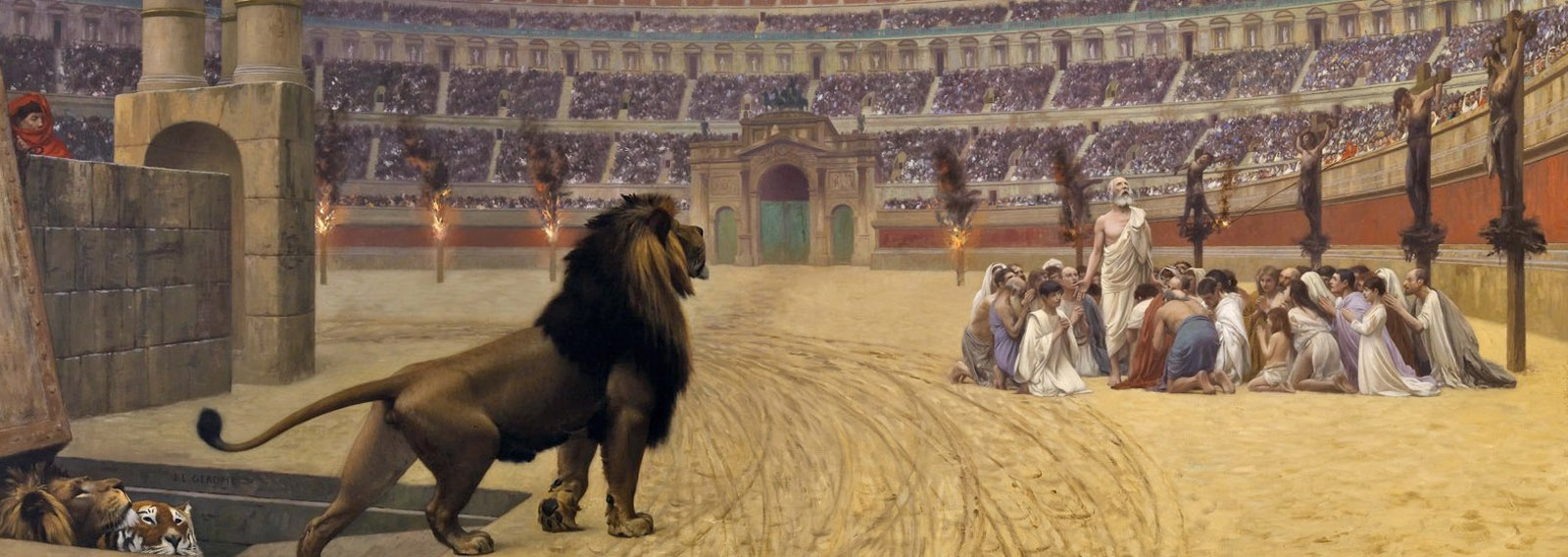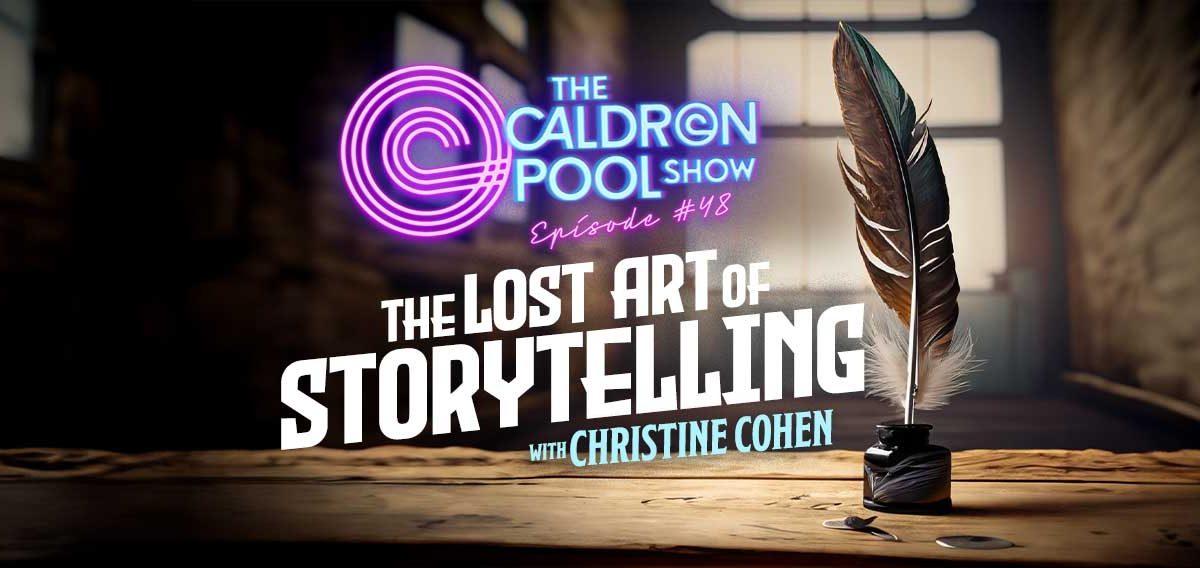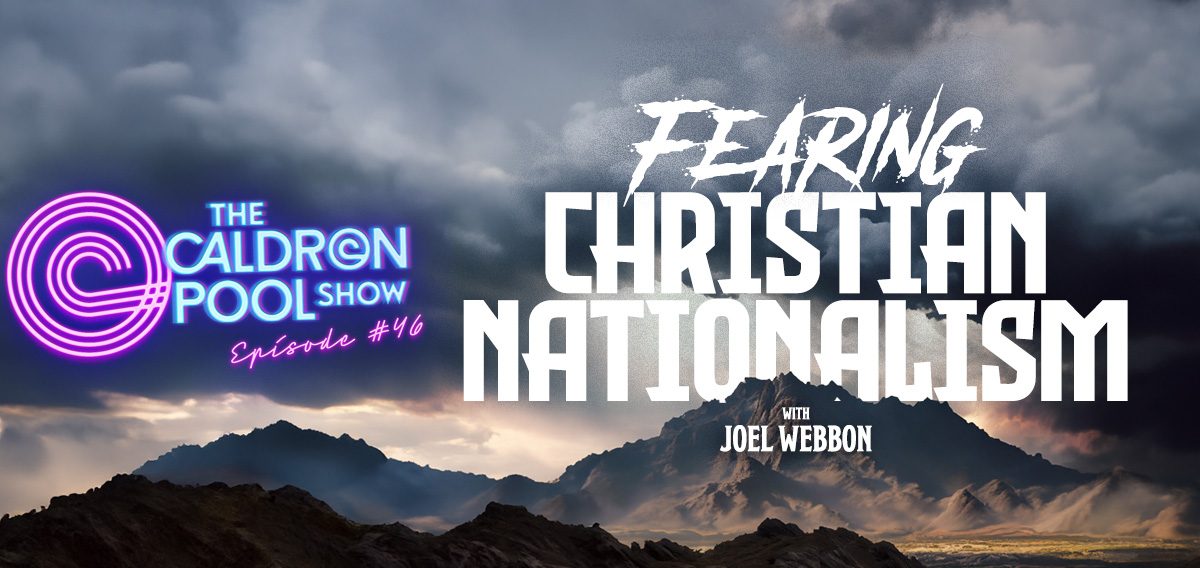We’ve all heard it.
“We’re closing our church doors because we love our neighbours. We’re not singing praise because we love our neighbours. We’re not administering the Lord’s Supper because we love our neighbours. We’re not gathering for fellowship because we love our neighbours. And if you suggest anything otherwise, you clearly don’t love your neighbours.”
While many are still seemingly convinced that this novel approach is still the best course of action considering present circumstances, there’s an increasing number of individuals, particularly within the pews, who struggle to see it as anything other than cowardice and complicity in the face of fairly mild risk. Especially when we reflect on, not only the risks the church has faced throughout history, but the risk Christians presently face for gathering in worship throughout the world.
It certainly flies in the face of the heroic stories we often heard, where Christians, faced with certain death, risked life and limb not to forsake the gathering. But then again, those sorts have always been in the minority. Even within the church.
But is the aversion to risk, at all costs, approach truly the only Christian response to our present circumstances?
The church isn’t a stranger to operating in the face of risk. Preaching the Lordship of Jesus under a government convinced that the only Lord is Caesar was considered treason in its highest order. To do so threatened incurring the wrath of the Roman Empire. A devastating risk to “public health and safety” by any measure.
Even the Jewish leaders rationalised the murder of Jesus in terms of minimising such a health hazard.
In John 11:48, they said: “If we let [Jesus] go on like this, everyone will believe in him, and the Romans will come and take away both our place and our nation.”
Despite this very real and very likely threat, the disciples did not censor or alter their Gospel message. They continued to openly preach that Christ, not Caesar, is King. They assembled in churches across the Empire, in gatherings the authorities deemed a threat to national stability, social harmony, and community welfare.
As a result, many Christians and their families suffered horrible and torturous deaths at the hands of Roman “justice.”
Even so, they refused to change their message to make it more palatable to the world. They refused to adjust their practice to make it risk-free for themselves, and for the person in the pew next to them.
Instead, they “joyfully accepted the plundering of their property” (Heb. 10:34); “they loved not their lives even unto death” (Rev. 12:13); and like Moses, “they considered the reproach of Christ greater wealth than the treasures of the world, for they were looking to the reward” (Heb. 11:26).
They were despised and regarded haters of mankind. Perhaps even some of their own members couldn’t understand why the church wouldn’t tweak the Gospel here and there in an effort to spare Rome’s wrath. After all, wouldn’t that be a practical means of “loving your neighbour”?
Not so for those subject to King Jesus, who have been commanded to love others in both “deed AND truth” (1 Jn 3:18).
Throughout history, Christians largely understood that while we have been commanded to “love our neighbour as ourselves,” this is not the first and greatest commandment from our Lord.
The first and greatest command, we’re told, is to “love the Lord your God with all your heart, soul, and mind” (Matt. 22:37).
But what does this look like, practically speaking? What does it mean to love the Lord? Simply put, it is obedience to the King’s decrees. Jesus said, “If you love me, you will keep my commandments” (Jn 14:15; Also see 1 Jn 2:3; 5:3; 2 Jn 1:6).
Jesus wasn’t ignorant of what that entailed and the serious risks it posed his followers. He was well aware of the dangers of following him. In fact, he told his disciples that Christianity was essentially a death sentence (Jn 15:20; 16:2).
There’s always been a risk involved with “taking up your cross” and following Jesus’ commands. It poses a risk, not only to yourself, but to your loved ones and your neighbours too.
We might seek to avert risk wherever possible, especially when it comes to loving our neighbours, but you will never be required to violate the first commandment to uphold the second.
While many, in recent months, have appealed to risk management as justification for selective obedience, the assumption behind this approach is deeply flawed, not to mention, sinful.
It assumes that the first and greatest command to “love the Lord is not the measure of love itself, but is instead, subject to and measured by the second commandment to “love our neighbours.”
Thereby, it’s implied, we only love the Lord by keeping his commandments when that obedience is risk-free.
Like the Jewish leaders, those who put forward such arguments would defy Christ’s commands if it meant protecting the nation from an outbreak of Roman wrath.
But fear in the face of potential risk is the antithesis of faith in the sovereign hand of God. This is true, despite whatever “love thy neighbour” rational is used to pass it off as some sort of Christian virtue.
But these are unprecedented times, some might say.
Hardly so.
In 1527 A.D. during the Black Plague, Martin Luther wrote a letter to Rev Dr Johann Hess, pastor at Breslau, detailing the Christian’s duty amid the pandemic.
As of first importance, Luther said the people must be admonished to attend church and listen to the sermon. This was to occur weekly and would include confession and participation in the Lord’s Supper.
The reason for this, was so that the people would “learn through God’s word how to live and to die,” as well as “prepare in time and get ready for death”.
Similarly, during the fourth cholera pandemic of the 19th century, Charles Spurgeon, the Prince of Preachers said God sent the outbreak for a specific purpose, namely, to awaken an indifferent population, to make them remember that there is a God, and to render them susceptible to the influences of the Gospel, and thus drive them to the house of prayer, to influence their minds to receive the Word.
What a sham it would be if those driven to the church found the doors closed in their faces, and those with the remedy to fear and death, locked within their homes under the guise of loving those same people.
In the end, the Jewish leaders killed Jesus under the semblance of ensuring national security. They did not, however, secure the well-being of their people at all. By defying God’s commands the only thing they managed to secure was their own demise.
Within forty years of crucifying Jesus, the Roman Empire fell upon Jerusalem, taking away both their nation and their place.
Sadly, there are many today who will learn too late that “loving your neighbour” at the cost of obedience to the Lord poses a greater risk to your neighbour’s well being than any earthly suffering you may be attempting to avoid.
In fact, perhaps there’s no better definition for what it means to “hate thy neighbour.”


















